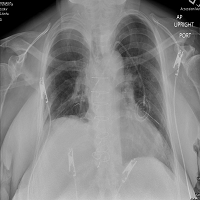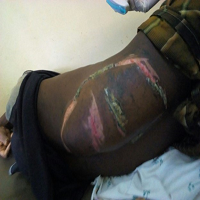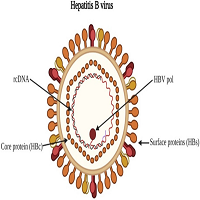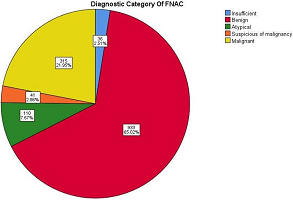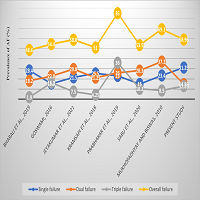1. Hatfield LA, Kutney-Lee A, Hallowell SG, Guidice MD, Ellis LN, Verica L, et al. Fostering clinical nurse research in a hospital context. J Nurs Adm. 2016; 46: 245-249. doi: 10.1097/NNA.0000000000000338
2. Apel J. On the meaning and the epistemological relevance of the notion of scientific phenomena. Synthese. 2011; 182: 23-38. doi:10.1007/s11229-009-9620-y
3. Nikles C. An n-of-1 trial service in clinical practice: Testing the effectiveness of stimulants for attention-deficit/hyperactivity disorder. Pediatrics. 2006; 117(6): 2040-2046. doi: 10.1542/peds.2005-1328
4. Kuh G, Kinzie J. What Really Makes a ‘High-Impact’ Practice High Impact? Inside Higher Education. 2018.
5. Kuh GD. Student Success in College: The Promise of High Impact Practices. 2011.
6. Tinto, V. Completing College: Rethinking Institutional Action. Chicago, USA: The University of Chicago Press; 2012.
7.Pascarella ET, Seifert TA, Whitt EJ. Effective instruction and college student persistence: Some new evidence. In: Braxton JM, ed. The Role of the Classroom in College Student Persistence (New Directions for Teaching and Learning). San Francisco, USA: 2008; 115: 55- 70. doi: 10.1002/tl.325
8. Boyd MK, Wesemann JL. Broadening Participation in Undergraduate Research: Fostering Excellence and Enhancing the Impact. Washington, DC, USA: Council on Undergraduate Research; 2009.
9. Taraban R, Blanton RL. Creating Effective Undergraduate Research Programs in Science – The Transformation from Student to Scientist. New York, USA: Teachers College Press;2008.
10. Kuh GD, Kinzie J, Schuh JH, Whitt EJ. Student Success in college: Creating Conditions that Matter. San Francisco, USA: Jossey-Bass;2005.
11. Hunter AB, Laursen SL, Seymour E. Becoming a scientist: The role of undergraduate Research in students’ cognitive, personal, and professional development. Science Education. 2006; 91: 36-74.
12. Itin CM. Reasserting the philosophy of experiential education as a vehicle for change in the 21st century. The Journal of Experiential Education. 1999;.22(2): 91-98. doi:10.1177/105382599902200206
13. Hernandez LV,. Gerson LB. A guideline for reviewing a clinical research paper. Gastrointest Endosc. 2015; 82(2): 233-236. doi:10.1016/j.gie.2015.05.015
14. Jamjoom A. Research and audit. Sdt BMJ. 2009; 17: 62-63.
15. Klein GL, Ziering RW. The pinwheel a diagnostic tool to detect wheezing in young children. Pediatric Allergy Asthma & Immunology. 1989; 3(1): 37-39. doi: 10.1089/pai.1989.3.37

